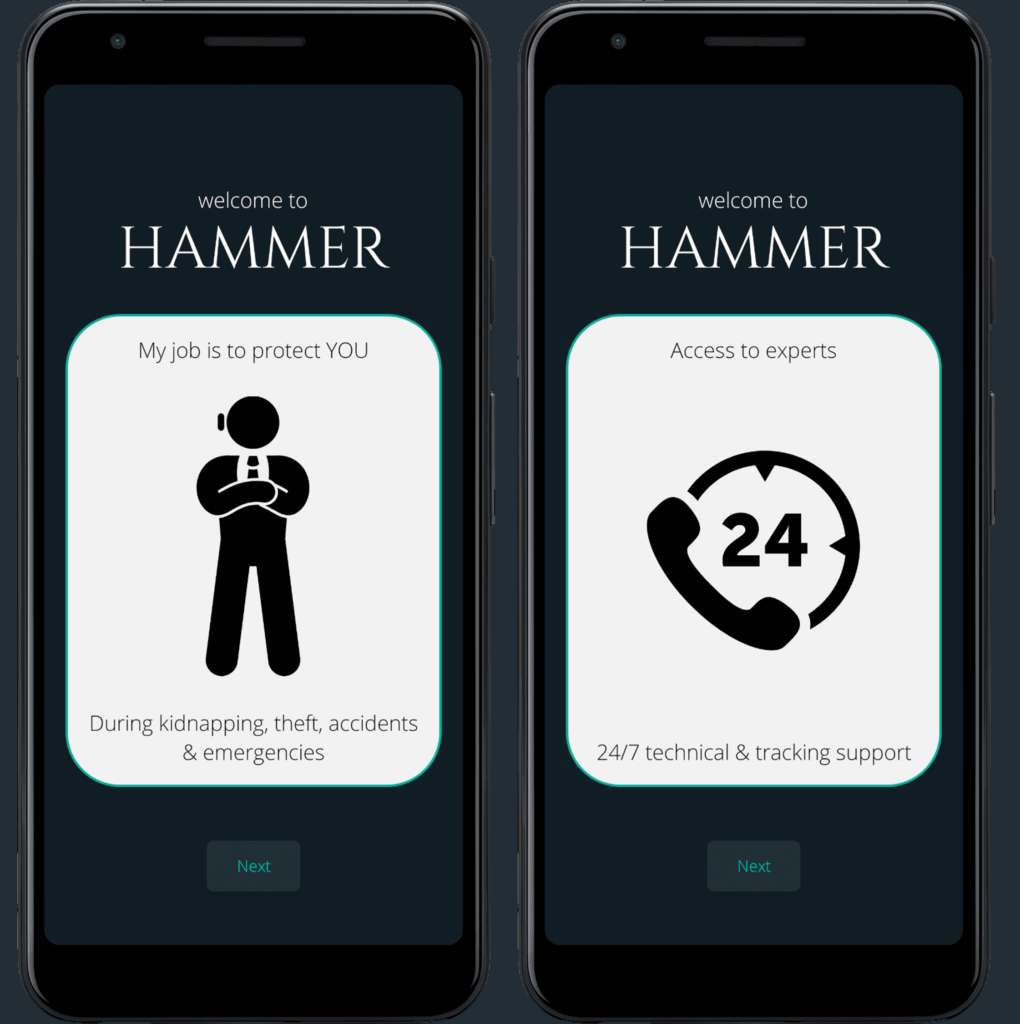It won’t be wrong to say our better half these days are not our spouses but our mobile phones. And rightly so! If these devices stop even for an hour, it makes our lives so difficult. So managing these devices is equally important for us, and knowing about the best practices to keep our valuable data safe is the need of the hour. We will get to know more about practices like phone device tracking, safer Wi-Fi usage, and other details in this article.

Lock Your Device:
Though this is the most basic step, it is equally important. You must have seen a lot of people, especially our parents or grandparents, not putting a lock on their phones. So always set a strong password, either a PIN or pattern, as it keeps your data safe. You can also use biometric locks like facial recognition or fingerprints.
Update Regularly:
Your mobile phone keeps showing various updates, so keep updating your operating systems, as it usually contains vital security patches. These updates will keep your phone safe from the latest threats as developers constantly refine their security measures to counter various risks.
Beware of App Permissions:
When you install any app from the Play Store or App Store, you must have seen the requested permissions. So always check it before saying yes. Now, you must be thinking about how these things even matter. And the app will ask permission for what they need only. But think about why a flashlight app needs permission to access your contacts. It doesn’t make sense. Right? That is why keep a check on your permissions and other things.
Use Secure wifi:
Avoid using public Wi-Fi, though they are convenient but very dangerous at the same time. Hackers can easily exploit these networks and intercept data. If there is no choice but to use a public Wi-Fi, then consider a VPN, as it will encrypt your data and make it harder for hackers to access it.
Beware of Phishing Attempts:
Phishing emails are very common these days, so be cautious when clicking links, especially if they are asking for personal information. Any legitimate organization, be it banks or the corporate sector, will not ever ask for sensitive data via email or text.
Secure Your Bluetooth:
Bluetooth connections are also vulnerable. Like a wifi connection, it is left unsecured. Turning off Bluetooth when you are using it is really important, and when you are using it, put it in the non-discoverable mode, as it prevents any unauthorized devices from pairing to your device.
Install Trusted Security Apps:
If you use apps like a phone location tracker or any app which you are installing for your convenience. Remember to always install reputable security apps for your phone, which will provide an additional layer to your data by including various scans and anti-theft measures.
Regularly Backup Your Data:
Always keep a backup of your data if any unforeseen event happens, like losing a phone or a security breach. This backup will be helpful for you and keep the important data safe.
Educate Yourself:
Staying informed about the latest happening in the cyber security world like how a phone tracking app functions, how our data can be misused, etc. These are also important for you to identify any threats and be updated on best practices. It helps you make informed decisions about your device usage or any security measure.